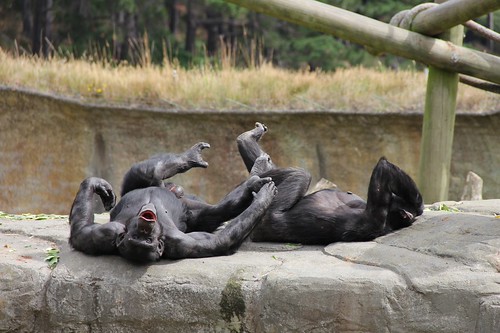
Our new vicar showed us a film of his early life as a child of missionaries in West Papua (the other half of Papua New Guinea).
A compilation of home movies, and from the 1970s, it was almost a splicing together of Victorian missionary cliches: small dark-skinned people carry suitcases on their heads through the jungle. White missionary in shorts and pith helmet preaches to seated crowds who are clad in shells and penis-gourds. Female white missionary gives injections while dark-skinned people wait patiently for their turn; local children run to greet the aeroplane.
I’ve spent a lot of my career writing positively about missions in a world where ‘everybody knows’ the whole endeavour is an exercise in cultural imperialism and thinly-veiled racism. These images confirm everything ‘everyone knows’ and they don’t help.
Except they did help. As the film unfolded, we saw the happiness on the people’s faces when they destroyed their weapons in a fire. We saw the road that two villages built to connect them because they wanted to give up war forever. Primitive peoples? They were advanced enough to disarm and to build bridges with their neighbours and rivals. Conspicuously more advanced, then, than my country; and the gospel did that. The gospel the pith-helmeted missionaries in their t00-short 1970s shorts brought.
How often is the truth more complicated, and more unfashionable, than the lazy assumption? I think probably always.





